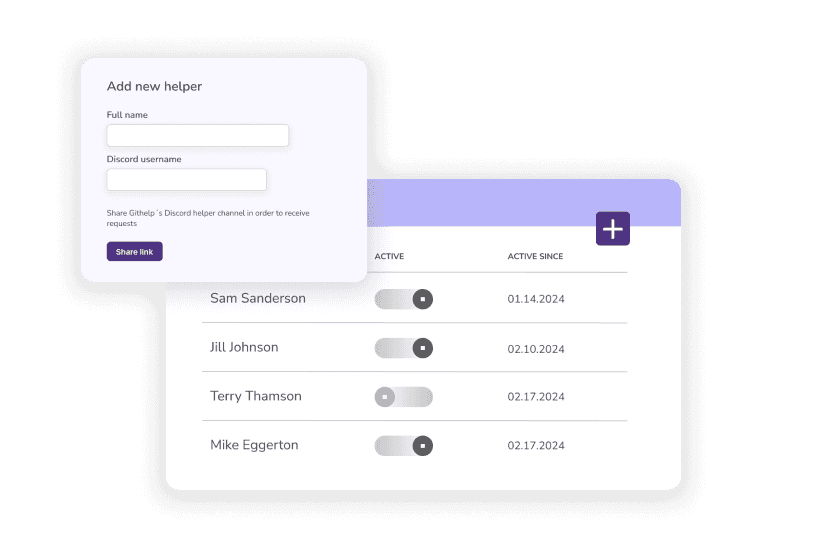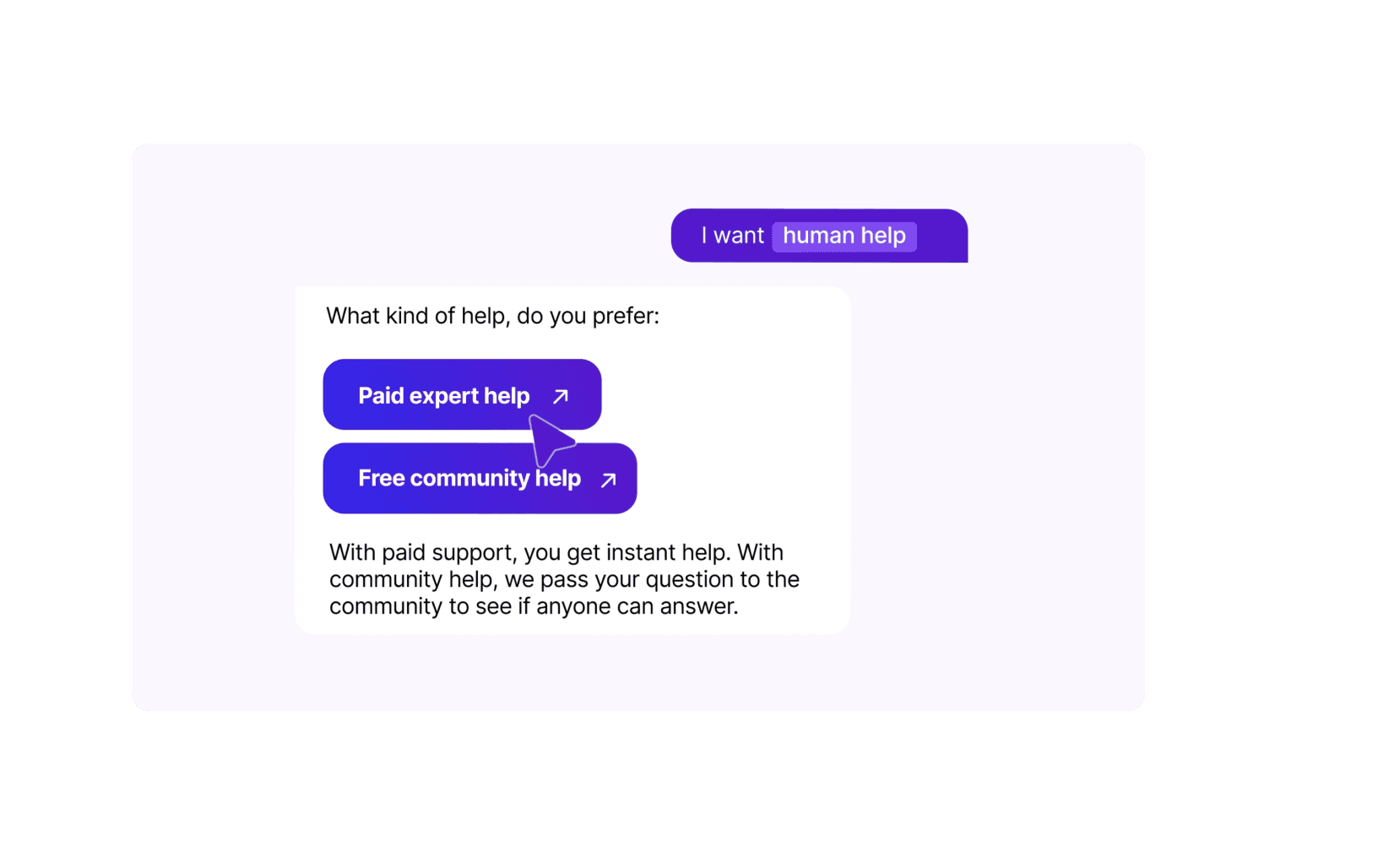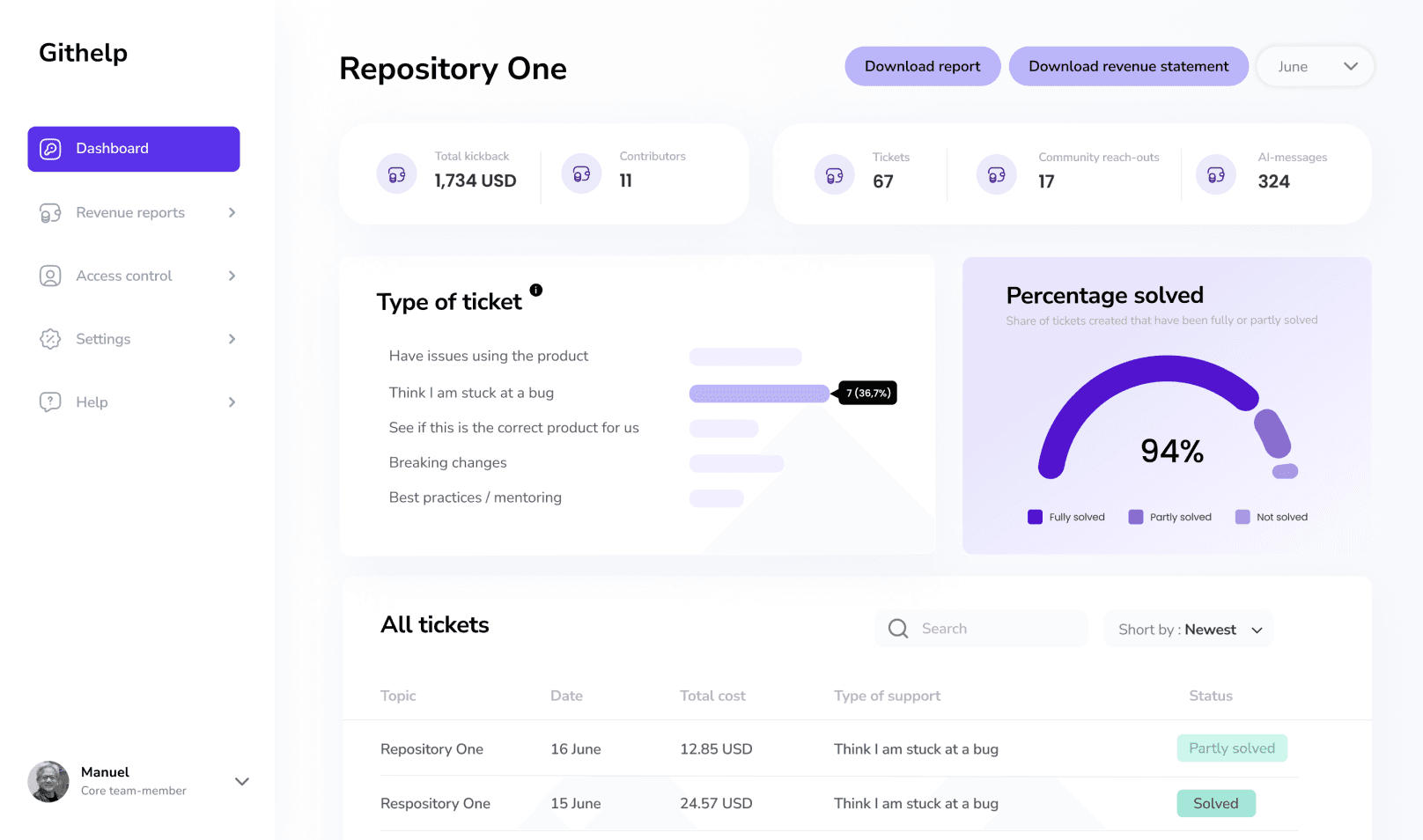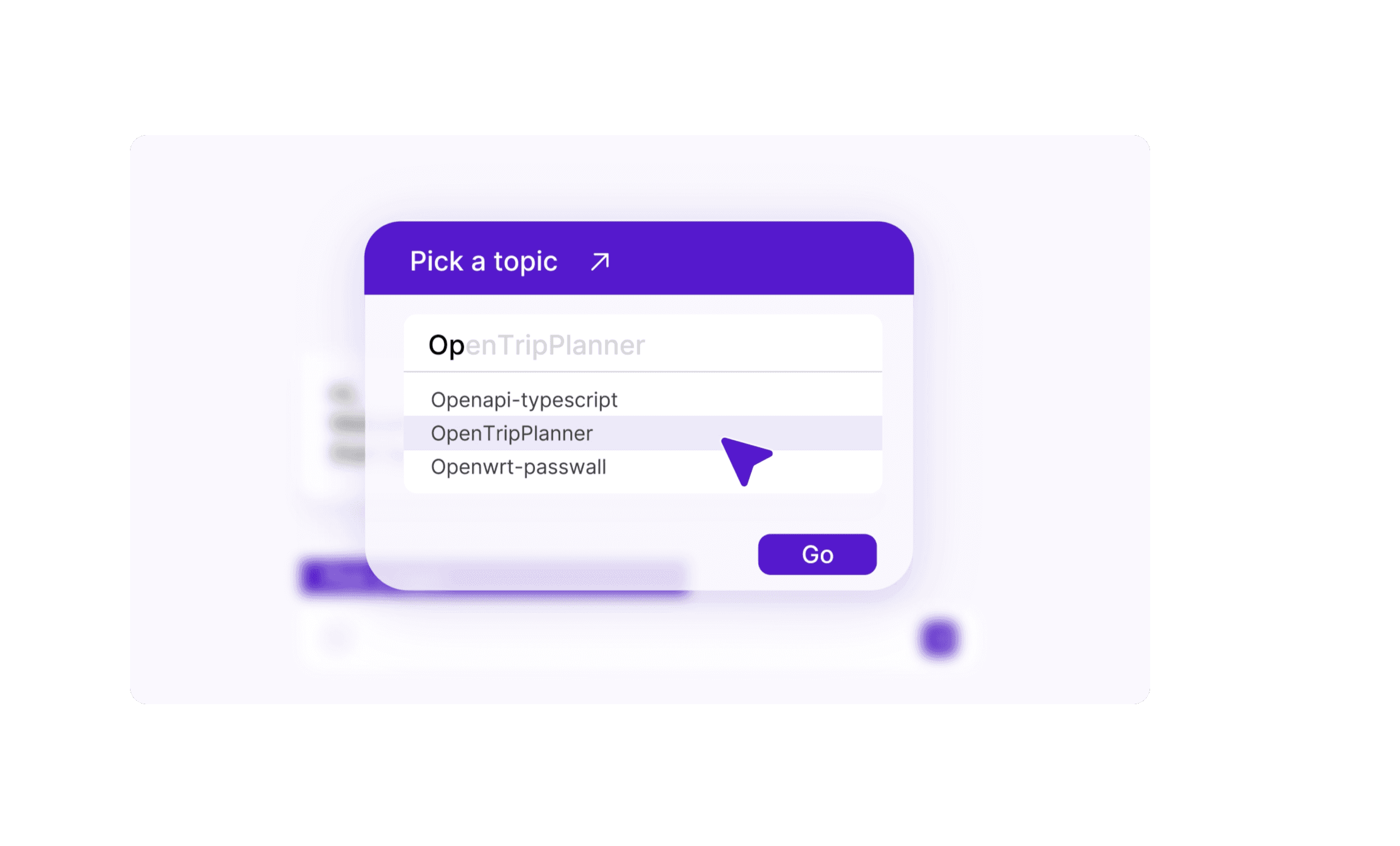July 15, 2024
Open Source is in many ways one of the most powerful innovation enablers out there. The beautiful and liberal idea of sharing the building blocks of software, has surely contributed to much greater leaps within almost all technological areas than we could have ever imagined without.
However the increased reliance, as well as the volume and size of commercial projects who have opened their eyes for OSS over the last 20 years, has made it exponentially harder to maintain OSS projects in a healthy manner. On Reddit, HackerNews, StackOverflow and various blogs, one can read about how open source founders with “overnight” success or longterm grinding are struggling to scramble together a source of income. This surely inhibits the projects from growing, and affects the softwares´ overall robustness, as well as the number and quality of implemented features.
In light of interest for this topic, we have over the last year been talking to a long list of OSS founders and gotten many of the worrying funding frustrations from forum threads confirmed. Some of the developers we have talked to, have even been thinking about closing down community-loved OSS projects with tens of thousands of users, due to lack of apparent monetization options.
All this led us to ask ourselves; How can we help battle this trend?
Support and maintenance make up a great share of the revenue for many commercial software companies, where probably the majority would agree that charging users for support is not in conflict with the open source spirit. Many OSS vendors already make most of their revenue from support and service, including helping setting things up, configuring the code for their customers´ specific needs, and troubleshooting any problems. Based on our findings and with a humble respect for the open source philosophy, we decided to dive deeper into the challenge of building an enabling infrastructure for open source support.
Our vision is to enable easy and seamless support access without going outside the familiar channels already used by businesses and repositories today. This means making support available from Discord, Slack and Github, with a special focus on Discord integration starting out. However, we acknowledge that not all repos have an active Discord help channel, and hence can install our assistant. That is why we also make it possible to create an own custom support site that is distributable on Github or other platforms of your choice.
It is also important for us to make support rewarding for both the helper and the repo itself. Sometimes these will be more or less the same person, but for larger repos multiple helpers can be engaged in support. Therefore offering an average 10% commission to the repo, in addition to the compensation given to the helper, is a central element of the support.
After creating their custom support page and/or installing our assistant in the channels of choice, the helpers are ready to accept any incoming support requests. As a part of the registration process one has the freedom of validating who is qualified for providing support for your specific repo. And of course, add or remove people as one wishes after the initial registration. The repos are themselves in charge.
The ticket is created by having a conversation with our assistant on Discord or Slack, or directly using a form on the repo´s custom support site. Here one will have access to three sources of help in one place; Paid experts, Community or AI. All updates, communication, scheduling and payments, happens directly in the user´s assistant conversation or through mail correspondence if not using the assistant. From a searchable list, the person picks the repo one wants help from, and the assistant gets configured for that particular framework, both with regards to relevant helpers or any AI-replies to the user´s questions.
As a repository, one can access a web-based dashboard to get insights from any given period on number of tickets handled, the value of each ticket, type of support provided, number of helpers who have contributed, and more. The repositories can also easily download stat reports or revenue statements for the periods.
Most companies and projects work with multiple frameworks at the same time. We want to simplify the communication with all these frameworks by gathering them in one place, either using the assistant, or custom support sites. Upon facilitating support for a new business, we seek to incorporate the repos they are using into our ecosystem. Starting out, this will be on a request basis from the business itself, but hopefully in time, we will cover a sufficient amount of repos, so that the necessity of requested onboarding gradually dwindles or falls away.
Currently we are a small team without any external funding. And we hope to keep it that way for the time being, as that gives us more freedom and less pressure on taking things in a commercial direction early on. We truly believe in this idea, and how it complements existing alternatives out there. Having a support service tailored for open source can create value for a range of projects, and with support from the community we hope this can change how we think about support today.
Are you interested in open source and feel like you have something to offer this mission, we are very interested in picking your thoughts or discuss any engagements.



